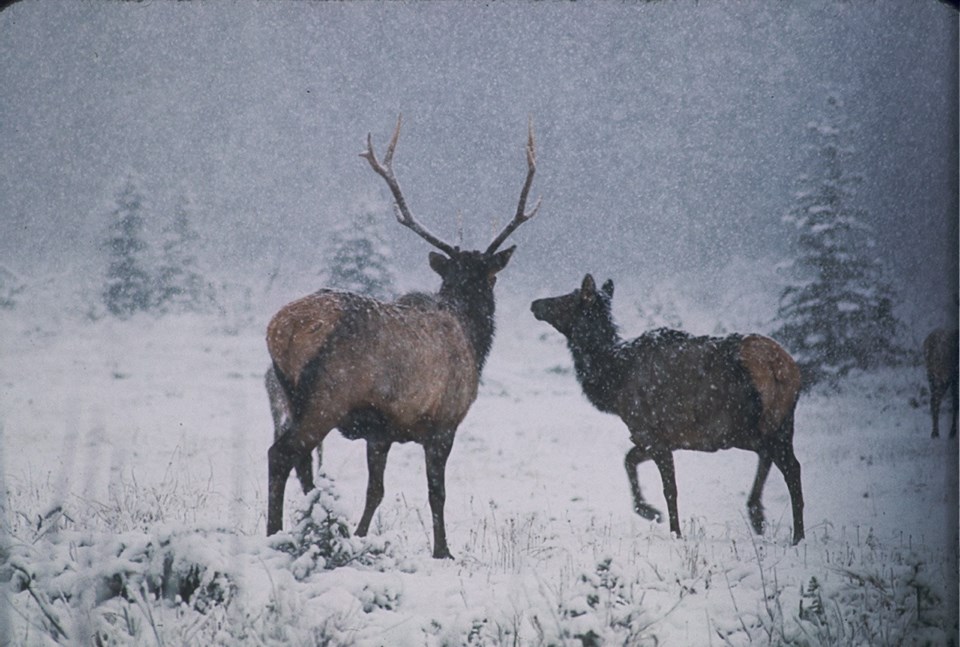The B.C. government faces a growing backlash over its decision to allow hunting guides and their foreign clients a larger share of wildlife across the province.
The B.C. Wildlife Federation says about 12,000 people have signed an online petition urging the government to overturn its decision, while hundreds more have attended a series of town hall meetings, including one in Langford on Tuesday night.
Al Martin, federation director of strategic initiatives, said the new harvest allocation policy favours guide outfitters and their foreign customers at the expense of about 100,000 B.C. hunters.
The changes strike a “negative chord” with those who “see access to wildlife and other resources taken from the public and privatized for the benefit of a few,” he said.
Forests, Lands and Natural Resource Operations Minister Steve Thomson, who rolled out the changes Dec. on 10, said the new policy still gives priority to B.C. hunters, while allowing increased shares for guide outfitters to ensure the viability of their businesses.
Resident hunters usually get 60 per cent or more of the allocation, but the split varies by species and region. The policy applies to about 34 hunts, including moose, elk, grizzly bear, caribou and big horn sheep.
The government says the new model transfers about 186 animals from B.C. hunters to guides for a loss of about 600 hunting opportunities.
Martin said the final policy increased shares to guide outfitters even beyond what ministry staff had recommended following an 18-month review.
“Certainly, the B.C. Wildlife Federation was not pleased and didn’t accept the result and we want the government to have a sober second look at what they’ve done,” he said.
Thomson was unavailable to answer questions, but he told Radio NL in Kamloops that he’s listening to the complaints and may make further changes. “My view is we found the appropriate balance,” he said. “The resident hunters question some of that. I’ve received a lot of input and am looking at some of that input.”
The Guide Outfitters Association of B.C., meanwhile, accused the wildlife federation of spreading “misleading” information.
“We’re extremely disappointed that the winners in the policy are lighting their hair on fire,” Scott Ellis, executive director, said in an interview.
He said guide outfitters lost out in other areas of policy that will cost the industry about $3 million a year.
“The only thing I can conclude is that the B.C. Wildlife Federation is either misinforming their membership because they don’t understand or they want to eliminate the guide outfitting industry,” he said.
Ellis said the guides’ association remains optimistic that the policy will be enshrined in legislation this spring.
“There are some good things in the policy,” he said.
“There’s fixed shares, they’re headed toward legislation. Those things are good for wildlife; I think they’re good for everybody. There’s some certainty there.”



